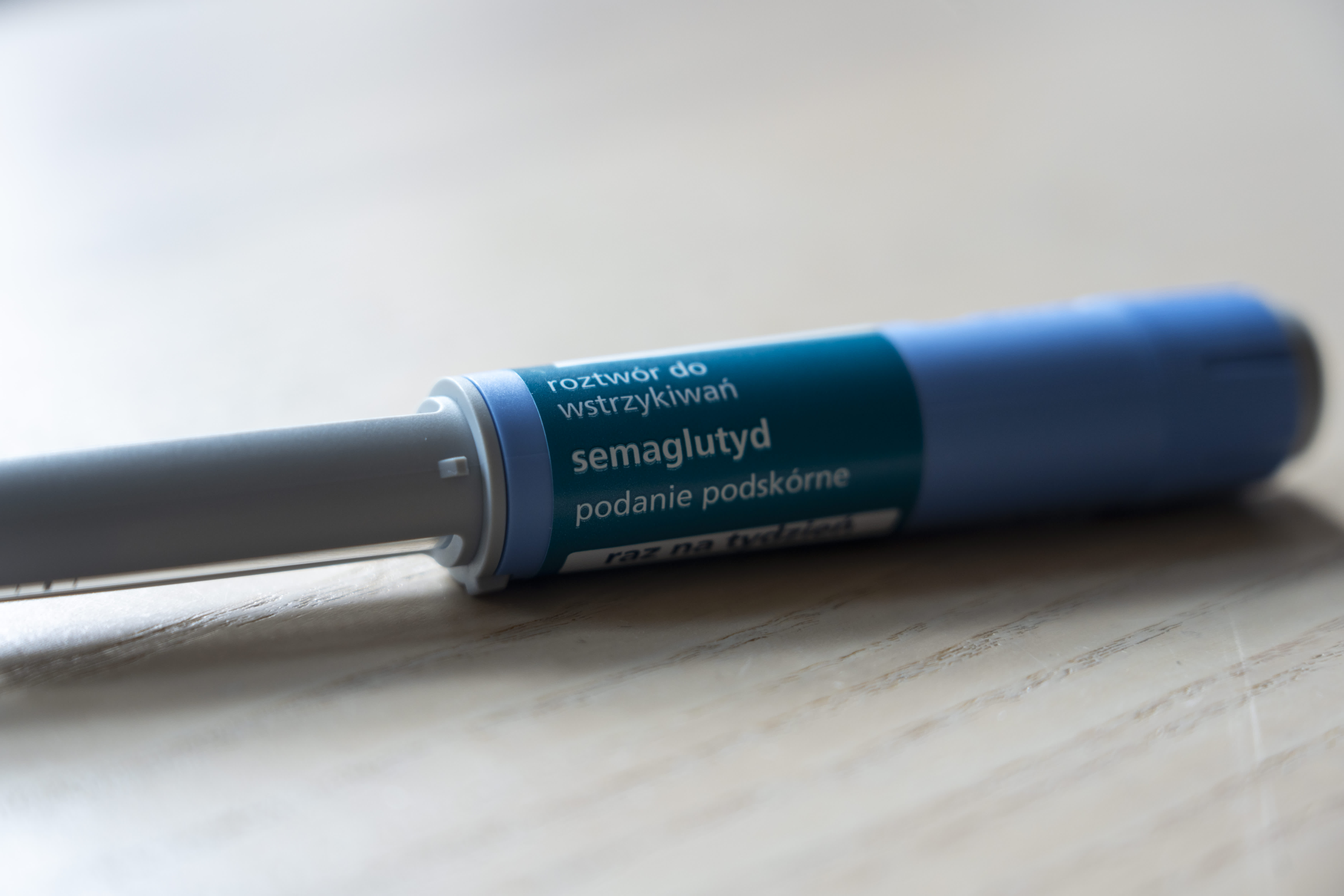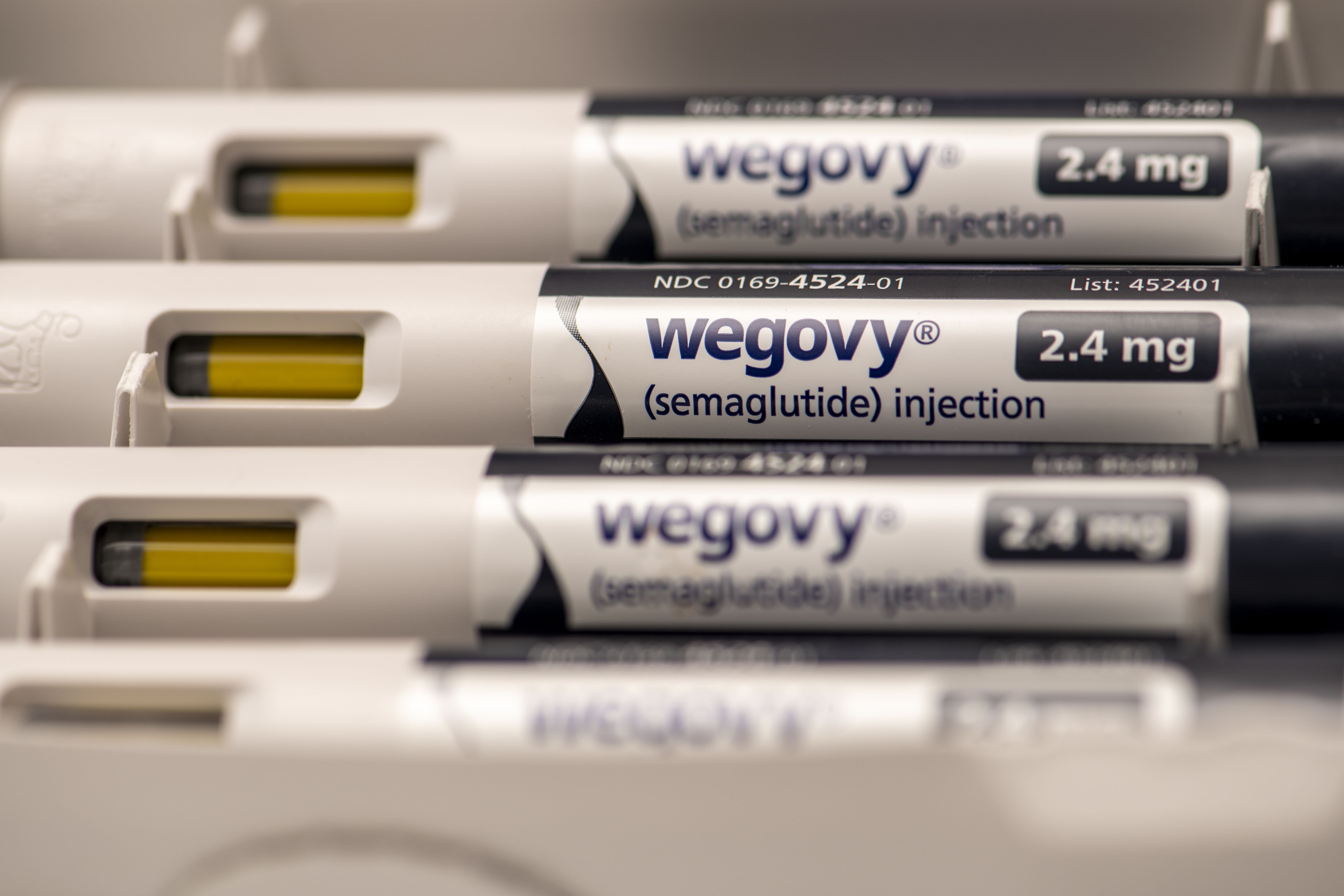The diabetes drug Ozempic has been a game changer in the fight against obesity, along with its counterpart Wegovy, which is approved for weight loss.
Now doctors are testing new medications that work in a similar way and may have even better results. Here’s a look at the latest research and why it could lead to lower prices for the expensive injections.
Marleen Greenleaf, of Fort Washington, Maryland, shed more than 40 pounds taking Wegovy.
“I’m not showing any signs of diabetes anymore. I’m more active. I can get out and do things I never considered doing,” she said.
We're making it easier for you to find stories that matter with our new newsletter — The 4Front. Sign up here and get news that is important for you to your inbox.
Lisa Robillard, of Alexandria, Virginia, first took the medication as part of a clinical trial. After struggling with her weight since childhood, she lost 60 pounds.
“For the first time, I was leaving food on my plate. For the first time, I was, ‘OK, I’m full,’” she said.
Dr. Domenica Rubino, director of the Washington Center for Weight Management and Research in Arlington, took part in early research for the medications, before they hit the market.
“We were totally thrilled,” she said about the results.
Patients’ average weight loss was 15%. The loss helps blood sugar, blood pressure and fatty liver disease, and helps reduce joint pain, Rubino said.
Ozempic and Wegovy are both made by Novo Nordisk and use a key ingredient called semaglutide. It targets an area in the brain that helps regulate your appetite and helps you feel fuller for longer.
'What we really need is more tools'
Now Rubino and her team are testing a new wave of medications to see if they can help people with chronic obesity lose even more weight.
“The results look very promising, and it looks like it's pushing us ahead of what we saw on the average weight loss for semaglutide,” she said. “We're actually seeing average weight loss of 20% or more. And a large number of people are able to get to 25%.”
The side effects of the medications already on the market can be nausea, vomiting, changes in vision and kidney problems. In serious cases, Ozempic and Wegovy could cause intestinal blockages, according to the drugs’ warning label.
That's why these clinical trials are so important.
Rubino’s center is actively recruiting people for four different trials. They’re looking at combinations of semaglutide with some newer gastrointestinal hormones that work to curb hunger.
New medications are still several years away from FDA approval, Rubino said. They could give doctors and patients more options.
“What we really need is more tools, because you have to remember not everybody responds to the same drug. We are biologically different,” she said.
With more options could come better pricing. Weekly injections of Ozempic and Wegovy cost more than $1,000 per month and are typically not covered by insurance, making them out of reach for many Americans.
“This is about health,” Rubino said. “It's not about weight loss. It's not about fitting into your designer dress. And I can't stress that enough. We change people's lives with these new medicines.”
In early November, the FDA approved a new weight loss drug. Zepbound, from drugmaker Eli Lilly, promises to be the most effective medication yet. In clinical trials, people lost 52 pounds on average. It’s expected to become available after Thanksgiving.




